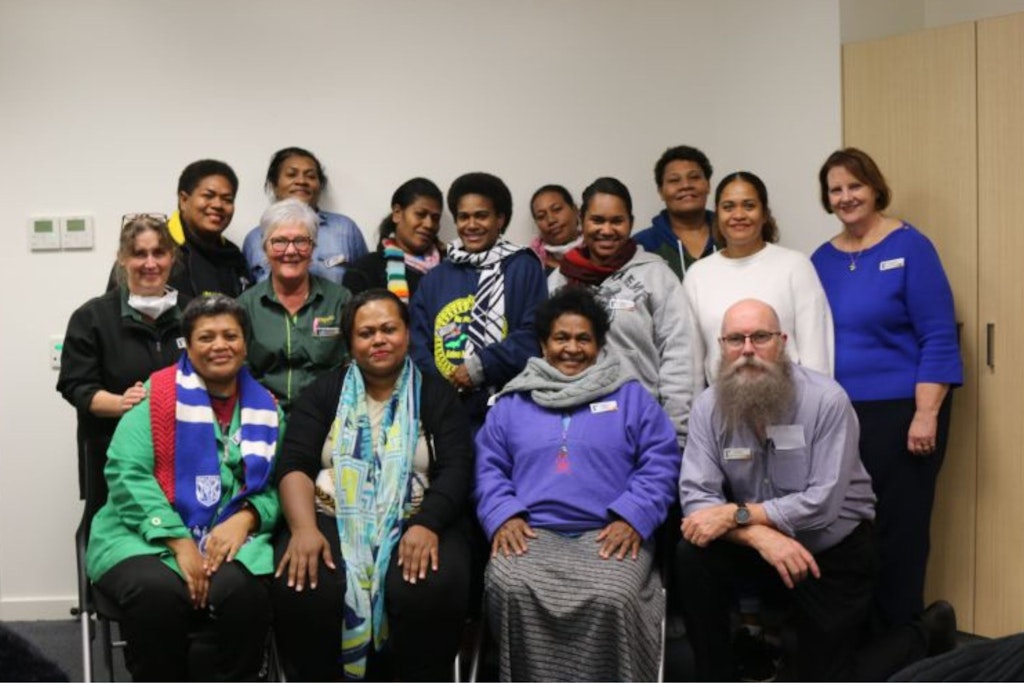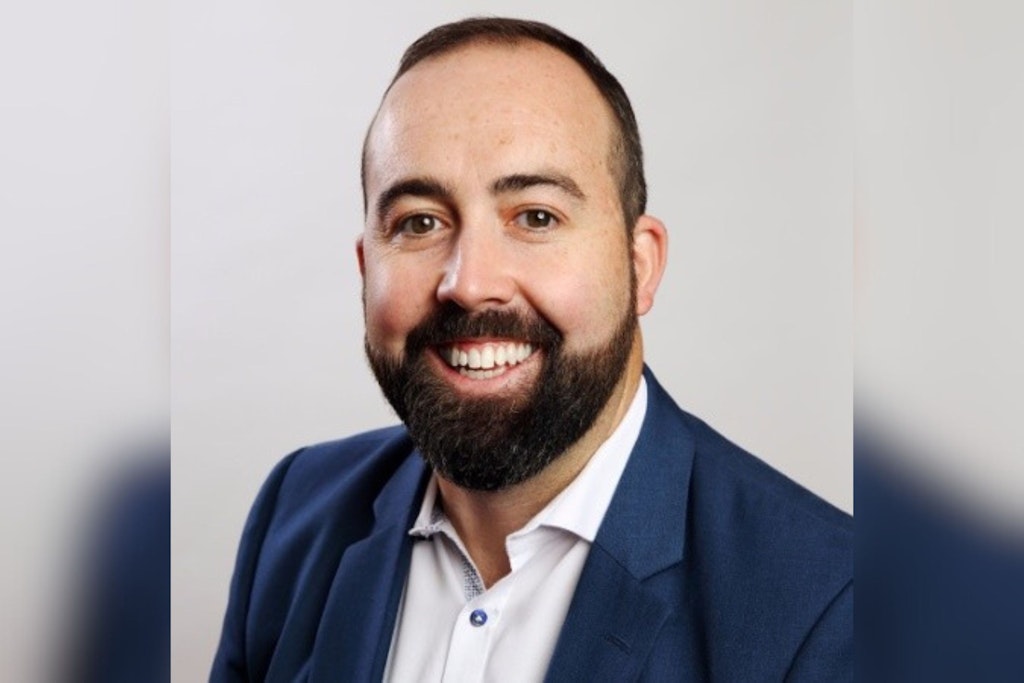Is Australia’s future aged care workforce international?
Last updated on 7 December 2023

Is the success of Australia’s future aged care workforce going to rely on foreign workers to meet demand? With local workforce challenges, it looks likely, and providers are already tapping into the international market – some having done for many years – with instant benefits.
- Workforce projections indicate the aged care sector is facing major shortfalls in all areas
- Currently, aged care needs 11,800 more Registered Nurses and 13,000 care workers to meet current reforms, such as the 24/7 RN requirements and mandatory 200 care minute quotas
- By 2031-32, the aged care workforce will be nearly 130,000 workers short; by 2049-50 it will be over 210,000 workers short.
Those figures paint a murky picture despite the positive hues of the 15% award wage increase for nurses. While there may be more money in aged care, the workforce capacity required is not available. And in many cases aged care is just catching up to better-paying hospital and healthcare wages for nurses.
That’s why aged care providers and the Government have turned to foreign shores to find workers. The Pacific Australia Labour Mobility (PALM) Scheme was extended to include aged care employers, while the Aged Care Labour Agreement gives participating providers priority access to prospective migrant workers through fast-tracked Temporary Skill Shortage visas.
Luke Greive, CEO of Infinite Care, is well-versed in accessing the international talent pool. Infinite has its own dedicated international strategy for bringing RNs to Australia, all of which he said have instantly impacted resident care and satisfaction.
“With the growing pressure to have a sufficient workforce to support resident continuity of care, looking beyond Australian shores has become critical. This [recruitment of RNs] has added a rich tapestry of experience and backgrounds to our team and homes across Australia,” Mr Greive said.
“Due to the impending gaps in resourcing in the Australian aged care sector, it is important we have kind and compassionate individuals.”
“That is our first focus and while we have a qualification assessment matrix, we are prepared to invest heavily to ensure we help everyone build a career pathway and upskill.”
International recruitment has typically been viewed as a top-up solution for aged care. If gaps exist, migrant workers can fill them. Yet with ongoing relocation and housing challenges, it could be a first-choice solution for providers receiving low-quality applications in a shallow talent pool.

For Respect Aged Care, who tapped into the PALM Scheme earlier in the year to recruit 11 Fijian workers for its Wangaratta home, St John’s, their first foray into international recruitment has strengthened their ability to meet non-nursing care minute quotas.
“We believe an initiative like the PALM Scheme is one of the ways we can help support rural and regional aged care homes contend with current staffing and workforce challenges facing the industry,” CEO & Managing Director Jason Binder said.
“Our 11 new personal care assistants have continued to settle in well and it’s a testament to the team and culture at St John’s for the way they have welcomed our new team members, as well as supported them during the transition. Since their arrival, our new colleagues are being accommodated on-site which has further allowed them to integrate with not only our aged care residents but also those living in our retirement villages.”
Both Infinite and Respect have clear strategies for their international recruitment, offering additional training and support to ensure staff hold relevant Australian qualifications and introducing workers to local communities. This is especially important in regional and remote locations that many metropolitan nurses are often unwilling to relocate to.
But with long-term placements on offer, continuity of care and local relationships are prioritised. Infinite strengthens this by supporting the relocation of families, while Respect ensured shared values would benefit both parties.
“During the recruitment process, the Fijian care workers spoke about the professional opportunities available to them, and the great experience they will gain from working in our aged care sector. And for us, it’s one way we can help alleviate some of the current staffing and workplace pressures impacting our homes,” Mr Binder said.

“There is a natural fit between Fijian culture and Respect’s current values. We’re confident each will contribute to our team’s ability to continue to deliver great care to our residents and contribute to the broader community more generally.”
With new pathways to bring in migrant workers, a clear strategy is required. In some circumstances, providers aren’t always in a position of power, which is why unique approaches can offer more opportunities. Under the Aged Care Labour Agreement, providers need to sign a memorandum of understanding with their relevant trade union to gain access to migrant workers.
Workers are inducted through the union without provider management representation (unless invited) while a number of other key requirements are involved in the deal. Although they do provide plenty of benefits for workers, it’s not necessarily an enticing set-up for aged care operators already dealing with government mandated requirements.
For organisations experiencing workforce challenges, non-traditional methods of recruitment are going to become more common. Mr Greive recognised the Government’s need to keep pace with evolving recruitment trends, including offering streamlined visa processing, while he said businesses need to be proactive and not encumbered by lengthy negotiations.
“The changing nature and workforce shortages across the country demands that all providers consider alternative and multichannel talent acquisition strategy,” Mr Greive explained.
“There will not be enough local resources in the Australian market so finding resources from other countries will have to form part of a strategy to ensure ongoing continuity of care for our residents.”
“It is important there is a clear strategy and a high level of support around mobilising and relocating team members from different countries. It can be very daunting to uproot your life and family and come to somewhere that you have perhaps never visited before. Ensuring adequate ongoing support to ensure well-being and support to assimilate into the organisation and the wider community is important,” he added.